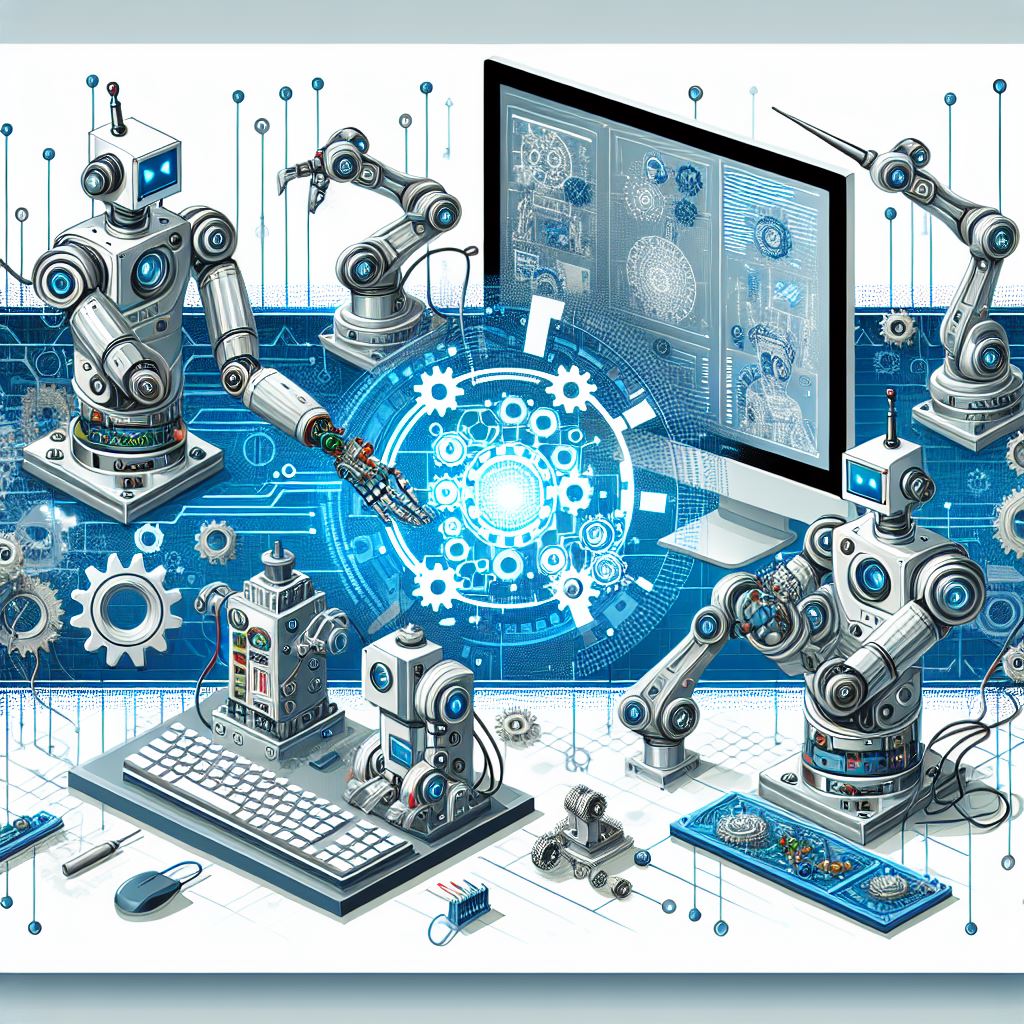The rise of automation technologies has transformed industries worldwide, with Robotic Process Automation (RPA) at the forefront of this revolution. UiPath, one of the leaders in RPA solutions, has empowered businesses to automate mundane, repetitive tasks, enabling teams to focus on higher-value work. However, as automation continues to evolve, so does the technology behind it. Enter Agentic Automation—a new paradigm that takes RPA to the next level.
In this blog post, we will dive into the differences between Traditional RPA and Agentic Automation in UiPath, exploring how Agentic Automation is pushing the boundaries of what’s possible in the automation space.
What is Traditional RPA?
Traditional RPA focuses on automating repetitive, rule-based tasks that involve structured data and predefined processes. It’s ideal for handling processes such as:
- Data entry
- Invoice processing
- Report generation
- Order fulfillment
- Customer service ticketing
Traditional RPA bots follow a set of programmed rules and instructions, operating in a “if-this-then-that” manner to complete tasks. While RPA can dramatically increase efficiency and reduce human error, its limitations become apparent when processes are non-standard, require decision-making, or involve unstructured data.
What is Agentic Automation?
Agentic Automation goes beyond the capabilities of traditional RPA by integrating Artificial Intelligence (AI), Machine Learning (ML), and Decision Intelligence. This combination empowers automation to handle more complex and dynamic tasks, adapting to changing environments and making real-time decisions.
The key difference between Agentic Automation and traditional RPA is that Agentic Automation can learn from experience, enabling it to manage even the most complex workflows without requiring human intervention. It doesn’t just execute predefined rules—it intelligently analyzes data, makes decisions, and continuously improves its processes over time.
Key Differences Between Agentic Automation and Traditional RPA
1. Intelligence and Adaptability
Traditional RPA operates within defined parameters, automating structured, repetitive tasks. However, it can struggle with handling exceptions or scenarios that don’t fit the rule-based framework.
On the other hand, Agentic Automation can process unstructured data, make context-aware decisions, and adapt to new information as it learns. This makes it ideal for dynamic environments where human-like judgment is required.
2. Handling Complex Tasks
While traditional RPA excels at simple, repetitive tasks, it often requires human intervention when faced with more complex decision-making processes or tasks that require cognitive reasoning.
Agentic Automation can manage these complexities autonomously. For example, it can analyze customer feedback, identify patterns, and make decisions on the next best actions—things that traditional RPA bots cannot do.
3. Continuous Improvement and Learning
Traditional RPA systems don’t improve over time. Once a task is automated, they will keep executing the same way unless reprogrammed. Agentic Automation, on the other hand, continuously learns from data and feedback, allowing it to optimize its processes and increase efficiency with minimal human input.
4. Scalability
While traditional RPA is effective for individual tasks, it can become challenging to scale when dealing with more intricate workflows. Scaling traditional RPA often requires significant redesigning and reprogramming.
With Agentic Automation, scalability is seamless. As businesses scale, the system can adjust and adapt without requiring massive redesigns, making it far more agile and capable of supporting hyper-automation efforts.
Advantages of Agentic Automation in UiPath
- Greater Flexibility: Agentic Automation can handle both structured and unstructured data, and it can seamlessly integrate with complex workflows that evolve over time.
- Smarter Decision-Making: AI-driven capabilities allow automation systems to make decisions based on real-time insights and data patterns. This results in smarter, faster outcomes.
- End-to-End Automation: With intelligent decision-making, Agentic Automation can manage entire processes from start to finish, without requiring human intervention at each stage.
- Faster ROI: The self-learning capabilities of Agentic Automation help reduce operational costs and accelerate the ROI from automation, as bots continuously improve and optimize processes.
- Improved Accuracy: With the power of machine learning and cognitive intelligence, Agentic Automation can reduce errors and inconsistencies, improving the overall quality of work across processes.
Is Your Business Ready for Agentic Automation?
The shift from traditional RPA to Agentic Automation represents a leap forward in the world of intelligent automation. While traditional RPA is still highly effective for basic automation tasks, Agentic Automation offers more advanced capabilities that can drive greater value for organizations. By combining RPA with AI and machine learning, UiPath’s Agentic Automation opens the door to self-optimizing processes that deliver continuous improvement and real-time decision-making.
Businesses that are ready to embrace this next generation of automation will have a distinct advantage over their competitors, enabling them to scale faster, make smarter decisions, and ultimately boost productivity.
How Can We Help You Transition to Agentic Automation?
If you’re considering moving from traditional RPA to Agentic Automation, or you want to explore how intelligent automation can streamline your business, we can help!
Our RPA Development Services are designed to support organizations at every stage of their automation journey. Whether you need help building scalable RPA solutions or want to integrate AI-driven Agentic Automation into your processes, our team has the expertise to guide you through the transition.
👉 Contact us today to learn how we can help you unlock the full potential of Agentic Automation with UiPath.
Conclusion
As businesses continue to innovate, Agentic Automation is poised to redefine what’s possible with automation. By combining the best of RPA, AI, and machine learning, Agentic Automation delivers smarter, more adaptable, and scalable automation solutions that can handle even the most complex workflows. Embracing this new wave of automation is key to staying competitive in today’s fast-evolving business landscape.
Are you ready to explore the power of Agentic Automation? Reach out to us to start your journey with UiPath today!


